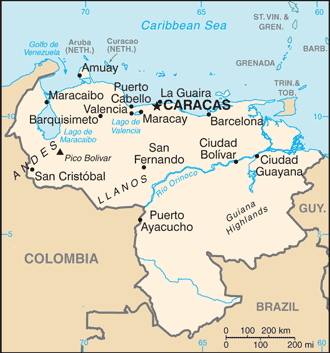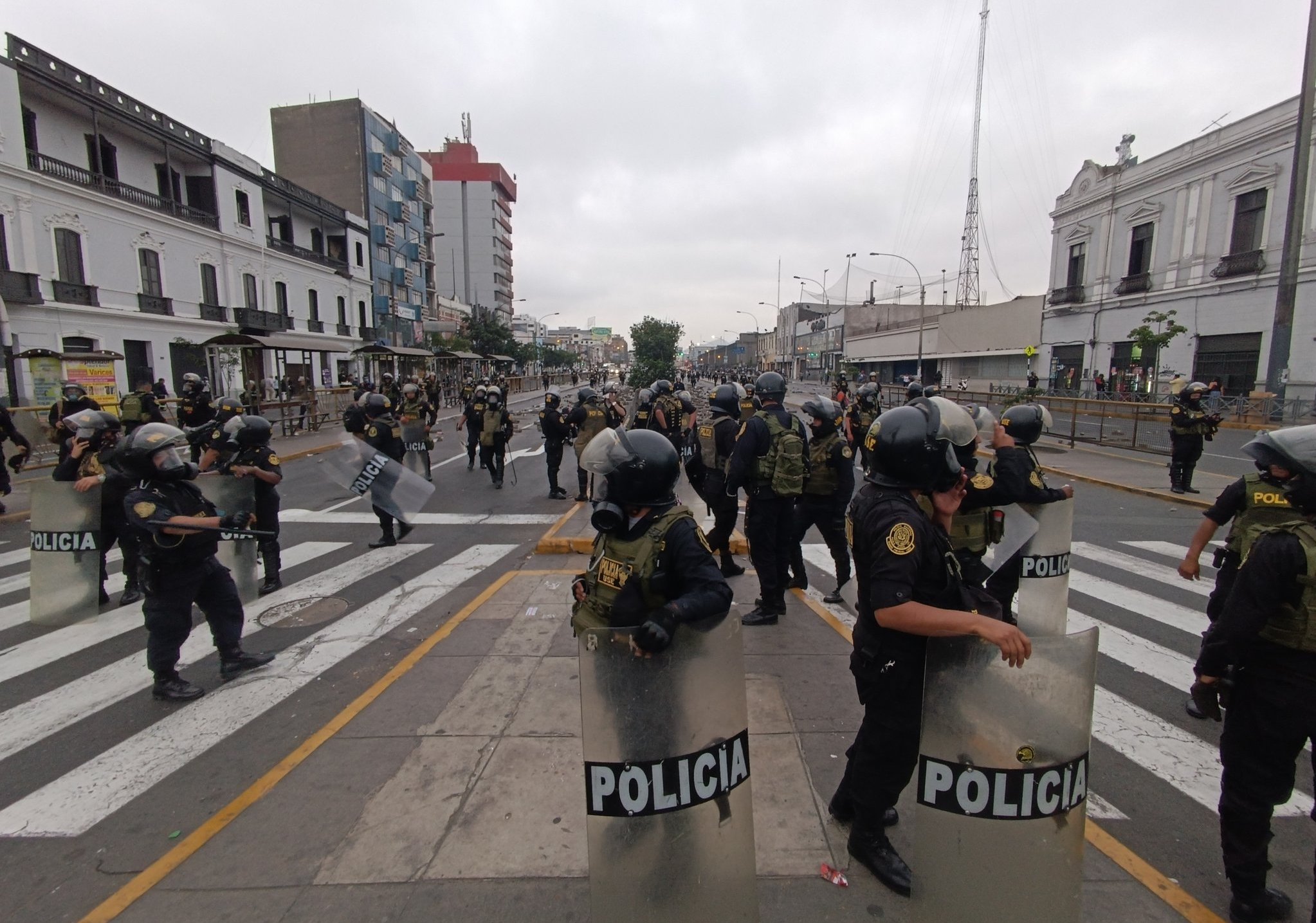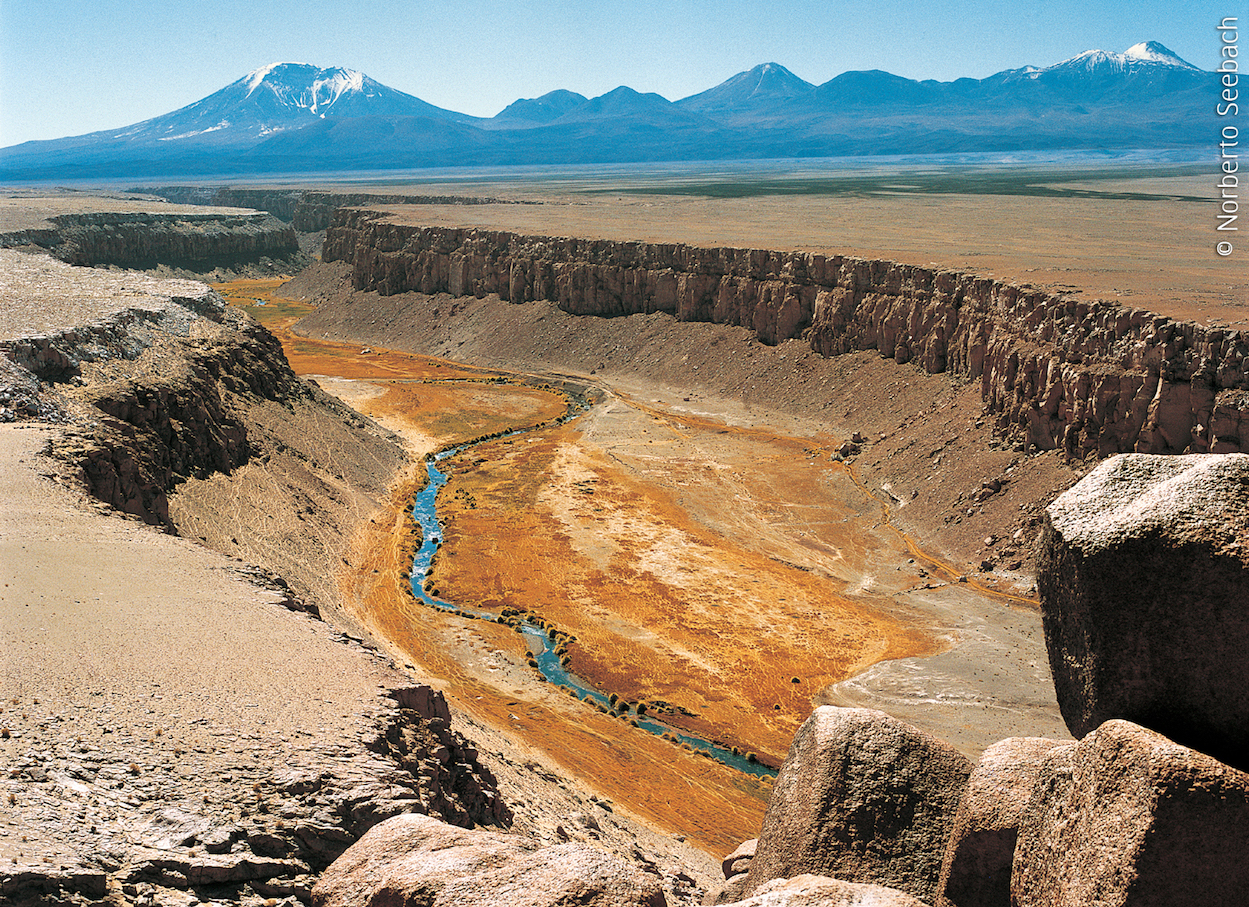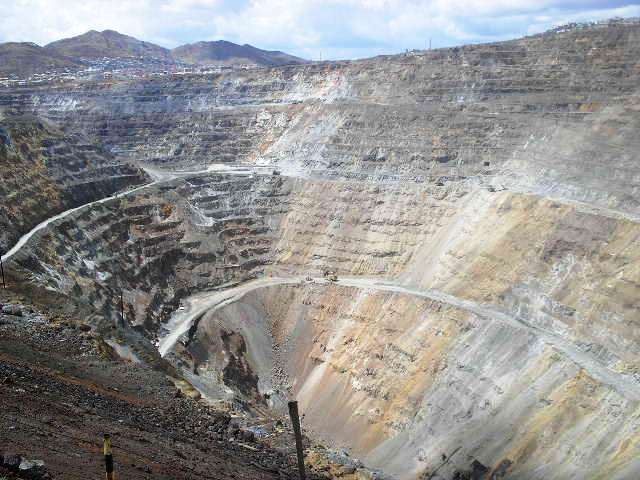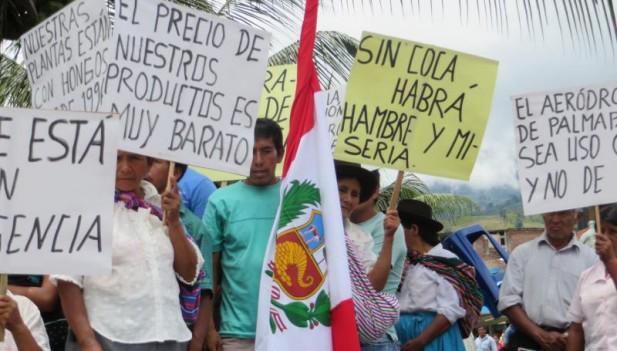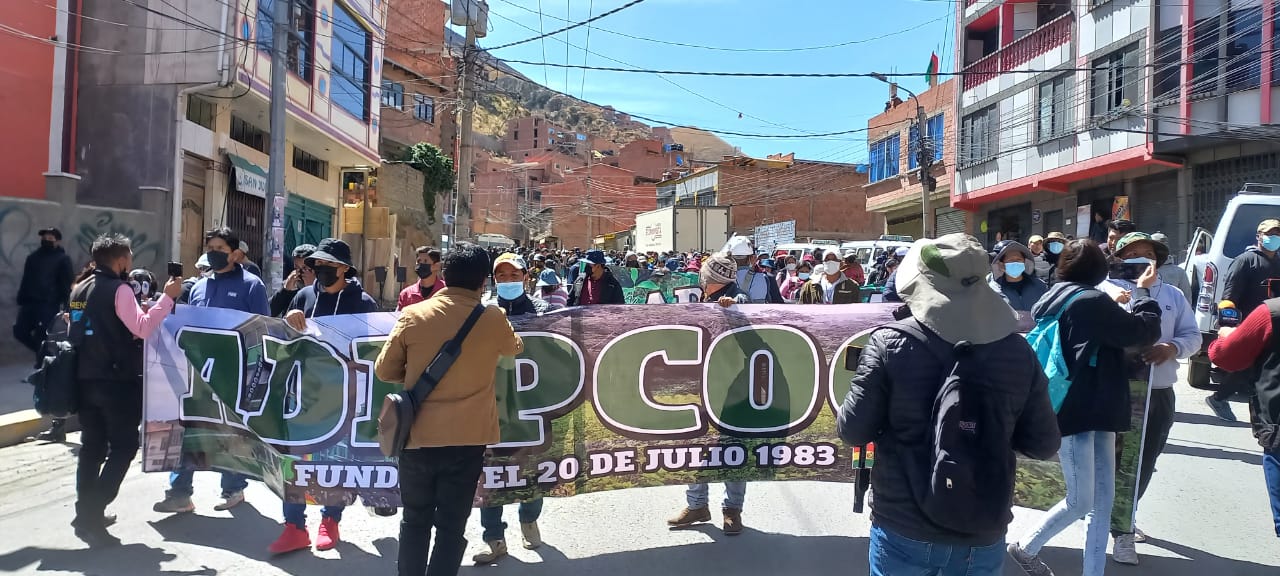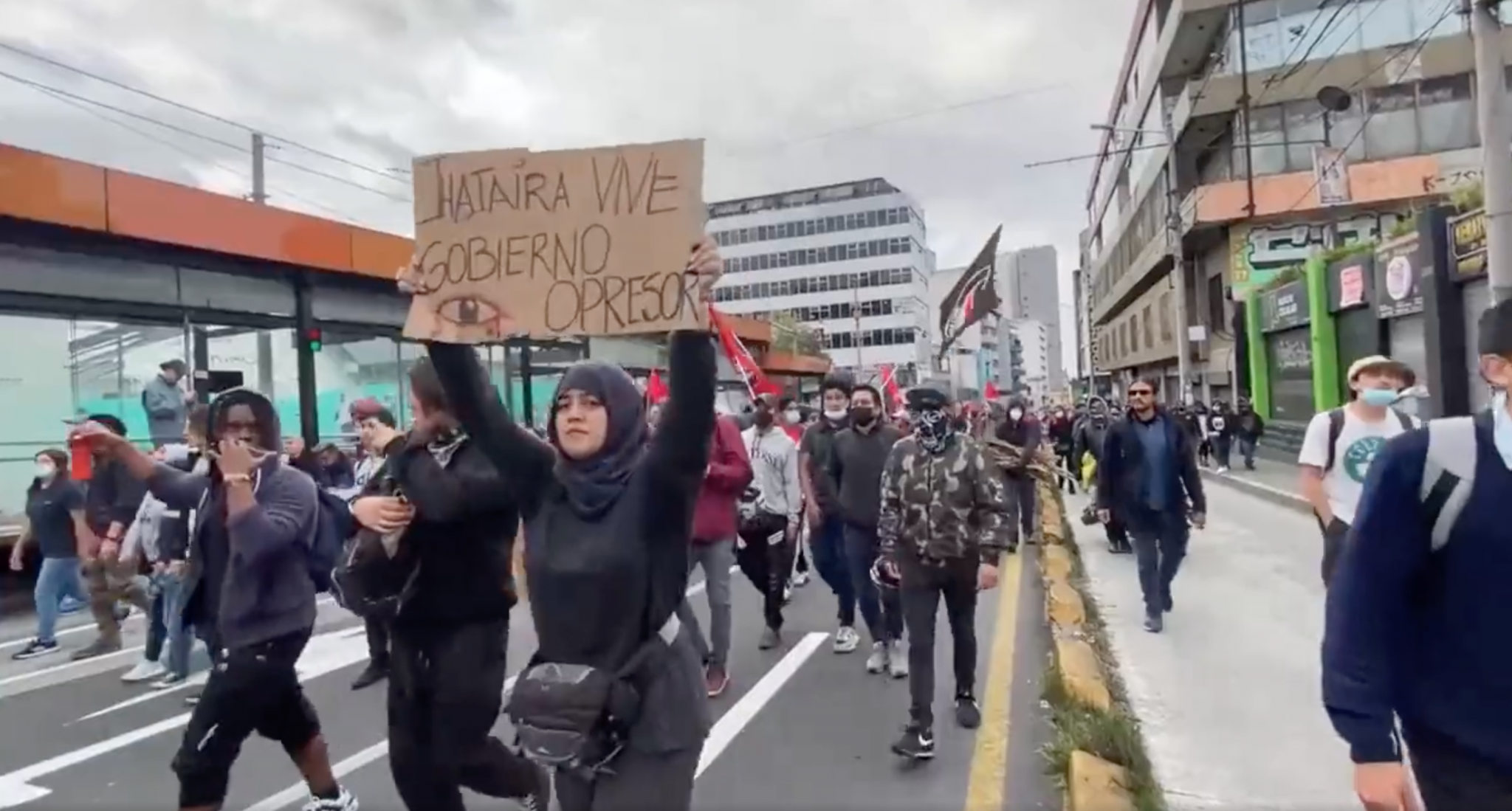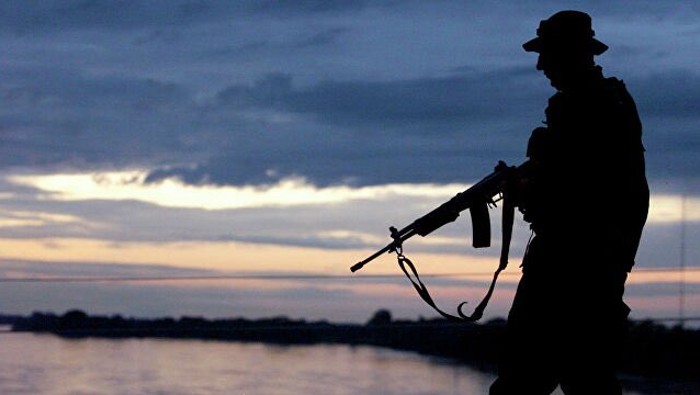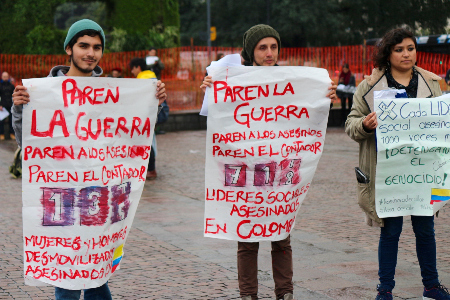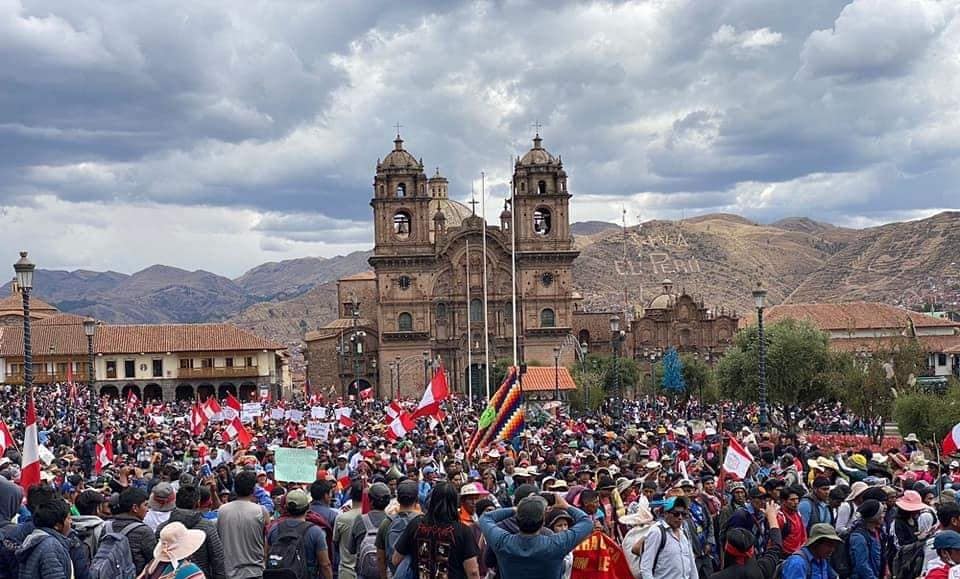
Peru: state of emergency declared amid mass protests
Thousands have filled the streets of cities and towns across Peru since the ousting and detention of president Pedro Castillo. Protesters occupied the airport in the southern city of Arequipa, while mass mobilizations and road blockades also continue in Cuzco and Trujillo. Protests turned violent in Andahuaylas province, where a National Police station was overrun in the town of Chincheros. At least seven are dead in the protests by official figures—six in Andahuaylas, and five under age 18. Defense Minister Alberto Otárola announced that a state of emergency has been instated nationwide. The Defense Ministry tweeted an announcement that the armed forces will take control of strategic points including airports and hydroelectric plants in the affected areas. Alarmingly, neither announcement even mentioned Peru’s new president, Dina Boluarte, who was sworn in by Congress hours after lawmakers voted to remove Castillo last week. (Photo via KawsachunNews)



